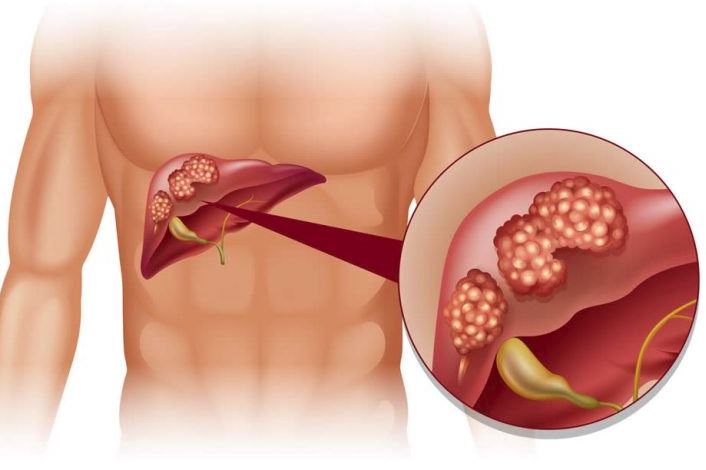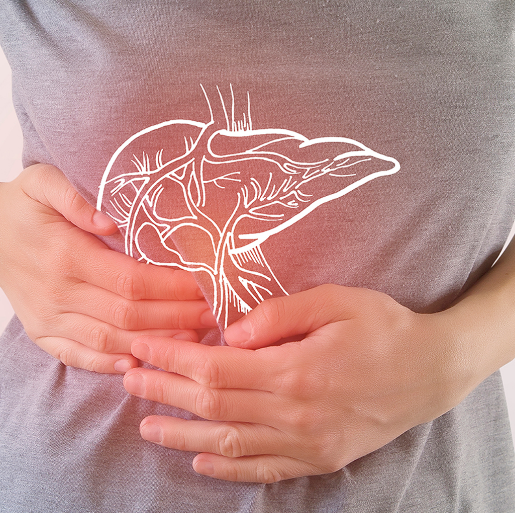What you need to know about Surgery for Liver Cysts
Contents
- 1 What you need to know about Surgery for Liver Cysts
- 2 What does the Procedure Involve?
- 3 How Long Should I Stay in the Area?
- 4 What’s the Recovery Time?
- 5 What About Aftercare?
- 6 What’s the Success Rate?
- 7 Are there Alternatives to Surgery for Liver Cysts?
- 8 What Should You Expect Before and After the Procedure
Liver cysts are abnormal sacs filled with fluids that form in the liver. They are very uncommon and only affect around 5% of the population. Liver cysts generally do not require treatment and they rarely affect the function of the liver. However, if they become large, they can cause pain or symptoms that require treatment, which usually involves surgery.
There are several surgical procedures to treat liver cysts. These include surgically removing the entire cyst, surgically removing only the fluid from the cyst, and liver transplant. The type of surgery you will undergo depends on numerous factors, such as the size of the cyst, the symptoms you experience, your overall health, and your preference.

What does the Procedure Involve?
Surgery to drain fluids from the liver cyst
Draining the fluids from the liver cyst, also known as cyst aspiration, is a simple, temporary procedure. It is a temporary procedure because the fluid can fill up again over time. Therefore, this procedure is not performed as often as surgery to remove the entire liver cyst.
During the procedure, your doctor inserts a needle into your abdomen and surgically drains the fluid from the cyst.
Surgery to remove the entire liver cyst
Surgical removal of the liver cyst is the most effective treatment for liver cysts as it can reduce the risk of reoccurrence. Your surgeon usually uses a laparoscopic approach to perform the procedure, which involves using a thin, flexible tube with a light and tiny camera on its end (called a laparoscope).
Before the procedure, you will be given general anesthesia, then, your surgeon will create 2 to 3 small incisions in your abdomen to insert the laparoscope and small surgical tools. The camera in the laparoscope will send pictures to a monitor, helping your surgeon to remove the cyst without having to surgically open your abdomen. Once your surgeon removes the liver cyst, the incisions will be closed with stitches.
Liver transplant
In some rare cases, a person with severe polycystic liver disease (PLD) may require a liver transplant. Liver transplant is normally performed if the cyst bleeds heavily, recur after treatment, cause intense pain, or begin to affect liver function. It may also be done if the liver becomes massively enlarged due to the cyst so that it presses against nearby organs.
A liver transplant is performed under general anesthesia. Your surgeon starts the procedure by making an incision just under the ribs on both sides of your belly. Then, your doctor will remove your liver and implant the donor’s liver. After the procedure is completed, the incision will be closed with stitches.
How Long Should I Stay in the Area?
Your length of stay depends on the type of surgery you underwent. After surgical removal of the cyst, you may need to stay in the hospital for 2 days. You should expect to stay in the area for around a week or so. After a liver transplant, you will need to stay in the hospital for 1 to 2 weeks and stay in the country for at least 14 to 20 days.
What’s the Recovery Time?
For surgery to drain the cyst and surgery to remove the cyst, you should be able to return to work and most of your normal activities within 2 weeks. After a liver transplant, it may take around 2 to 4 months until your energy can fully return and you can resume your normal activities.
What About Aftercare?
Your surgeon will give you post-operative instructions that you will need to follow. The instructions may include wound care, dietary and activity restrictions, and medication to take. It is very important that you follow all of the instructions to avoid complications.
While the specific aftercare can be different depending on the type of surgery you have, you generally should:
-
Get enough sleep to help you recover.
-
Try to walk each day as it can boost blood flow.
-
Keep the surgical site clean and dry.
-
Attend follow-up checkups to ensure the cyst has not come back.
What’s the Success Rate?
Surgery for liver cysts is safe, effective, and has high success rates. However, surgery to drain fluid from your cyst may not be as effective as the other types of surgery since the cyst is likely to fill up in a short period of time. With surgery to remove the entire cyst, the risk of the cyst recurring is very low.
All types of surgery carry some risks and side effects, including infection, bleeding, blood clots, bile duct complications, damage to other organs, and failure and/or rejection of donated liver (for liver transplant).
Are there Alternatives to Surgery for Liver Cysts?
In many cases, you may not need to undergo treatment for your liver cyst. Your doctor may suggest a wait-and-see-approach. If you do need treatment, there are no other alternatives than to undergo the procedures mentioned above.
What Should You Expect Before and After the Procedure
Before surgery for a liver cyst, the cyst may bleed heavily, cause intense pain, or affect the function of your liver. After surgery, the symptoms should be relieved and there should not be any more cyst in your liver. Also, your liver may be able to function normally again.
For an in-depth analysis of Surgery for a Liver Cyst, watch this short video.
To check prices or to book Surgery for a Liver Cyst in Thailand, or anywhere else in the world, head on over to MyMediTravel now!

